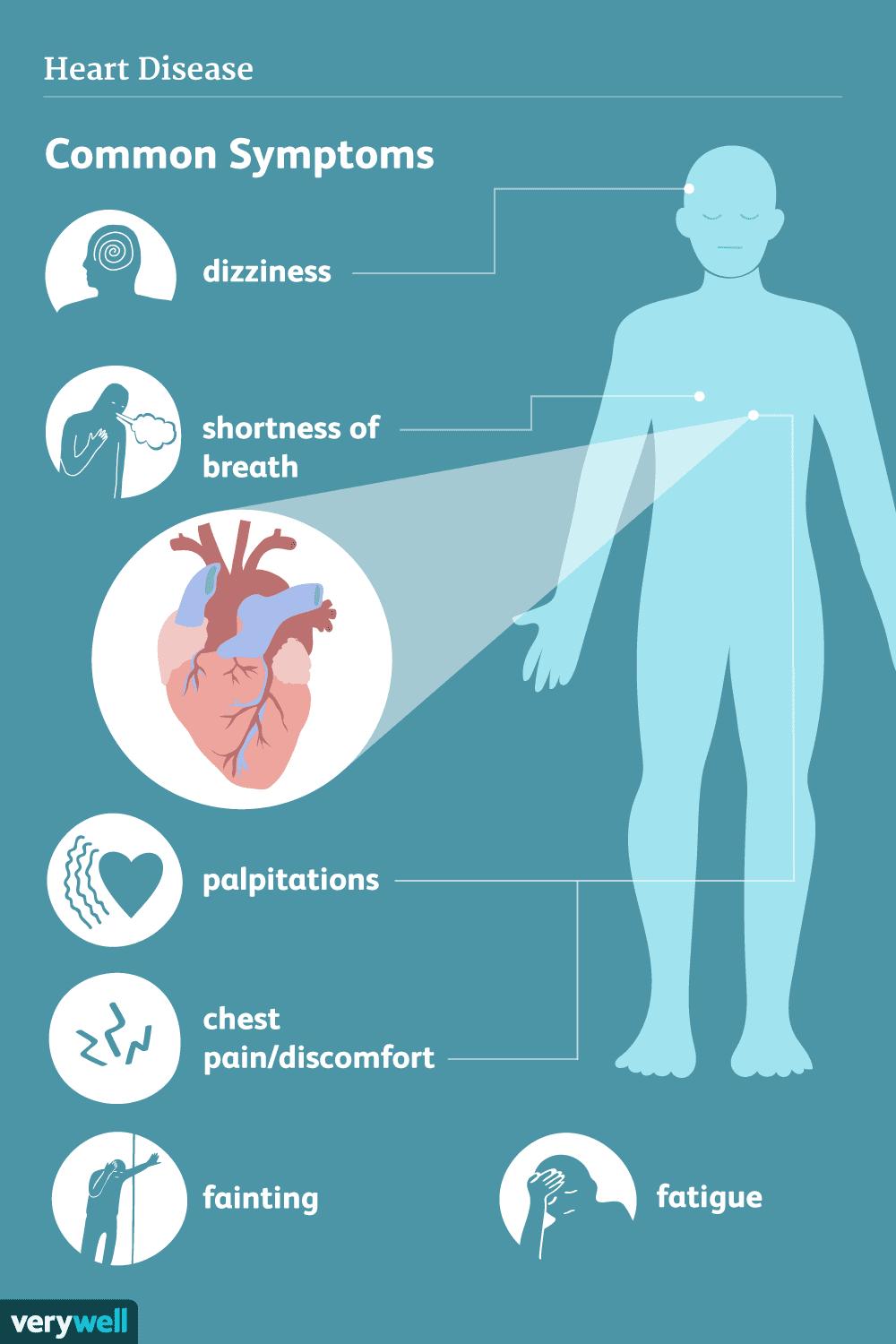
1 minute read
Mood and Vitamin C
The antioxidant properties of vitamin C are what initially linked the two nutrients together in the context of stress. Oxidative stress increases alongside the stress hormone cortisol. Vitamin C aids the body's stress response by scavenging harmful free radicals and decreasing oxidative stress. Cortisol can cause vitamin C levels to drop, therefore stress-induced deficiency highlights the need for vitamin C supplementation.
Causes of stress
Advertisement
Stress can be caused by a wide variety of things, including but not limited to heavy workloads, lengthy work hours, job insecurity, and interpersonal conflicts at work all qualify as work-related concerns.

Issues with one's finances, such as owing money to others, losing one's work, or being under financial strain. Disputes and tragedies involving immediate family members, such as a death or a separation. ailments that take a long time to heal, such a persistent illness or injury.
Effects of stress on the body

Headache, muscle tension, weariness, chest pain, irregular heartbeat, gastrointestinal distress, and disturbed sleep are all physical manifestations. Anxiety, despair, impatience, inability to focus, memory loss, lack of drive, and lack of inspiration are all symptoms of poor mental health.



